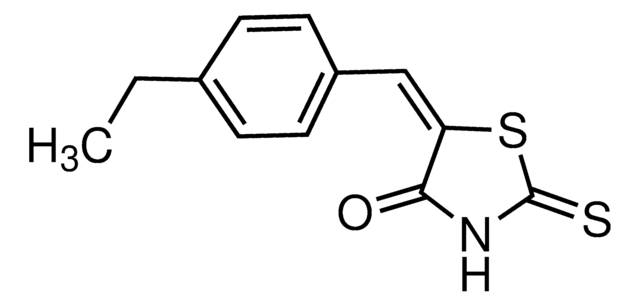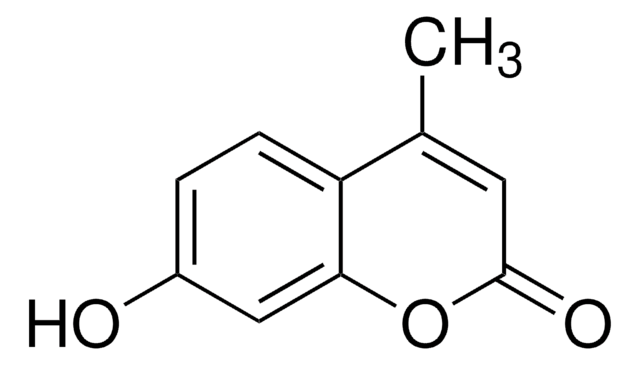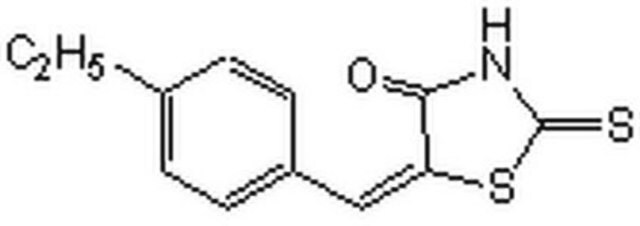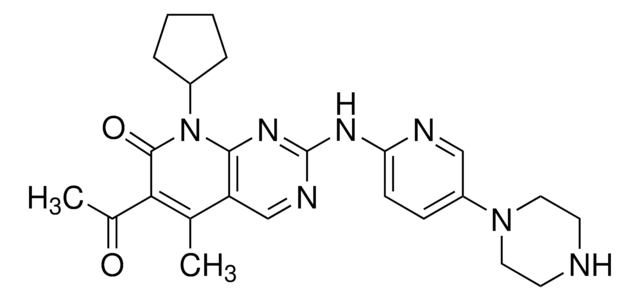G3798
10074-G5
≥98% (HPLC)
Sinónimos:
Biphenyl-2-yl-(7-nitrobenzo[1,2,5]oxadiazol-4-yl)amine, N-2-Biphenylyl-7-nitro-2,1,3-benzoxadiazol-4-amine, N-[1,1′-Biphenyl-2-yl]-7-nitro-2,1,3-Benzoxadiazol-4-amine
About This Item
Productos recomendados
Quality Level
assay
≥98% (HPLC)
form
powder
color
red
solubility
DMSO: >10 mg/mL
storage temp.
room temp
SMILES string
[O-][N+](=O)c1ccc(Nc2ccccc2-c3ccccc3)c4nonc14
InChI
1S/C18H12N4O3/c23-22(24)16-11-10-15(17-18(16)21-25-20-17)19-14-9-5-4-8-13(14)12-6-2-1-3-7-12/h1-11,19H
InChI key
KMJPYSQOCBYMCF-UHFFFAOYSA-N
Biochem/physiol Actions
Storage Class
6.1C - Combustible acute toxic Cat.3 / toxic compounds or compounds which causing chronic effects
wgk_germany
WGK 3
Certificados de análisis (COA)
Busque Certificados de análisis (COA) introduciendo el número de lote del producto. Los números de lote se encuentran en la etiqueta del producto después de las palabras «Lot» o «Batch»
¿Ya tiene este producto?
Encuentre la documentación para los productos que ha comprado recientemente en la Biblioteca de documentos.
Artículos
We present an article about how proliferating cells require the biosynthesis of structural components for biomass production and for genomic replication.
Nuestro equipo de científicos tiene experiencia en todas las áreas de investigación: Ciencias de la vida, Ciencia de los materiales, Síntesis química, Cromatografía, Analítica y muchas otras.
Póngase en contacto con el Servicio técnico








